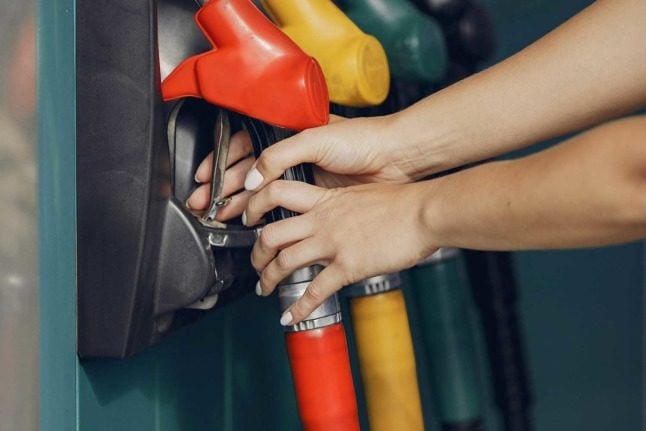Usually, the residents of Switzerland cross the border into neighbouring countries to shop, as goods are much cheaper there.
Cross-border shopping is so common place in Switzerland that during the pandemic, restrictions needed to be put in place.
Cross-border shopping: Vaccinated Swiss can now shop in Germany again
But when it comes to filling up on petrol, the opposite is happening: drivers from Germany are queuing up at Swiss stations to fuel up their cars.
For instance, people from the Constance region of Germany come to the nearby Kreuzlingen, in the canton of Thurgau, to fill up and save 20 cents per litre of unleaded fuel.
“Once again, we are seeing an increase in customers from across the border”, manager of a local petrol station told Germany’s Südkurier newspaper.
While the price difference between Germany and Switzerland has sent plenty of drivers south, it is not the case in neighbouring France, where the fuel costs are roughly similar to those in Switzerland.
Why is fuel cheaper in Switzerland?
The reason why filling up a tank is cheaper in Switzerland is the country’s comparatively lower tax rates on petrol.
Only Austria has lower fuel taxes than Switzerland (among Switzerland’s neighbours).
While Germans may be crossing the border to fill up on petrol from Switzerland, the traffic still goes the other way for Diesel, which is still cheaper in Germany.
A major reason for this is that Diesel is more heavily subsidised in Germany than it is in Switzerland.
READ MORE: Where in Switzerland can you find the cheapest fuel?



 Please whitelist us to continue reading.
Please whitelist us to continue reading.
Member comments